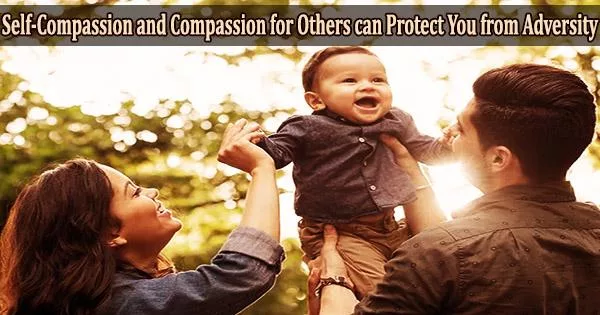In terms of mental health, we now understand that the COVID-19 epidemic had some of the worst effects on parents, children, and young adults. Parents of small children in particular reported higher levels of stress, despair, and anxiety.
The pandemic also made already existing economic inequities worse, increasing their stress and adversity. The highest rise in pandemic-related stressors and, consequently, increases in anxiety and depression, were experienced by lower-income households. In this situation, we must promote protective factors that support the wellbeing of families and children as well as compassionate family policies.
Even before the pandemic, parents, youth, and young adults’ anxiety levels increased. The U.S. Preventive Services Task Force advised that primary care settings make it routine practice to evaluate patients for anxiety issues in children, teens, and adults.
The need to combine work and home life, rising healthcare costs, the difficulty for parents to obtain inexpensive, high-quality child care, and social, political, and environmental issues that are frequently exacerbated by social media are all contributing factors to an increase in stress.
Housing, food, and health insecurity can be overwhelming for lower-income families. Discrimination is a constant and widespread experience for families of color. All of these realities call for significant structural, systemic, and regulatory adjustments that are focused on the welfare of families and children.
As a psychologist, it sometimes feels like there’s not much I can do about these things. However, I can contribute to change through research and evidence-informed advocacy efforts. We can all advocate for a more compassionate society that offers families safe, stable, and supportive communities and contexts.
My research examined the effects of experiences of stress and adversity on children and families. We know that families experiencing adversity can compromise parents’ emotional and mental well-being. Under these circumstances, it isn’t easy to parent effectively or be the best parents we can be. As a result, contexts characterized by stress and adversity negatively affect children.
In two studies, we showed that families with lower income experienced more stress and adversity during the pandemic, that children in families with higher levels of stress demonstrated higher anxiety, depression, and conduct problems, and that some or most of the effects of pandemic-related stress on children were mediated by, or funneled through, parents’ mental health.
In this disheartening picture, some protective factors offer hope. Youth who felt supported by parents and peers and had more social connections during the pandemic fared better. Lower levels of depression were found in parents who said they felt supported and who had less strife at home. This milder form of depression emphasizes the value of communities and relationships that are secure, stable, and loving for both parents and children.
A further factor that affects how we feel about ourselves is how much we treat ourselves with the same respect and kindness that we would provide to a friend. This self-kindness, also known as self-compassion, has been shown in several studies to enhance mental health and wellbeing.
Even after taking into account the accumulated stress and hardship in their life, we found that practicing mindfulness and self-compassion led to lower levels of depression and anxiety in a sample of first-time, low-income pregnant women.
Additionally, their prior levels of self-compassion predicted lower baselines or smaller rises in their degrees of despair and anxiety during the epidemic. When additional stress from life entered, it served as protection. Prevention initiatives that assist parents’ social-emotional health and self-compassion can in turn help parents be more effective parents and boost the wellbeing of their children.
Structural and systemic changes are critical. Mental health symptoms capture signs of suffering that result from inequitable systems and societies.
In addition, it’s essential to foster connections that are secure, dependable, caring, and empathetic in order to enhance the wellbeing of parents, children, and families. These connections within and among us can shield kids and parents from the effects of hardship, with potential long-term effects on health and wellbeing.
















